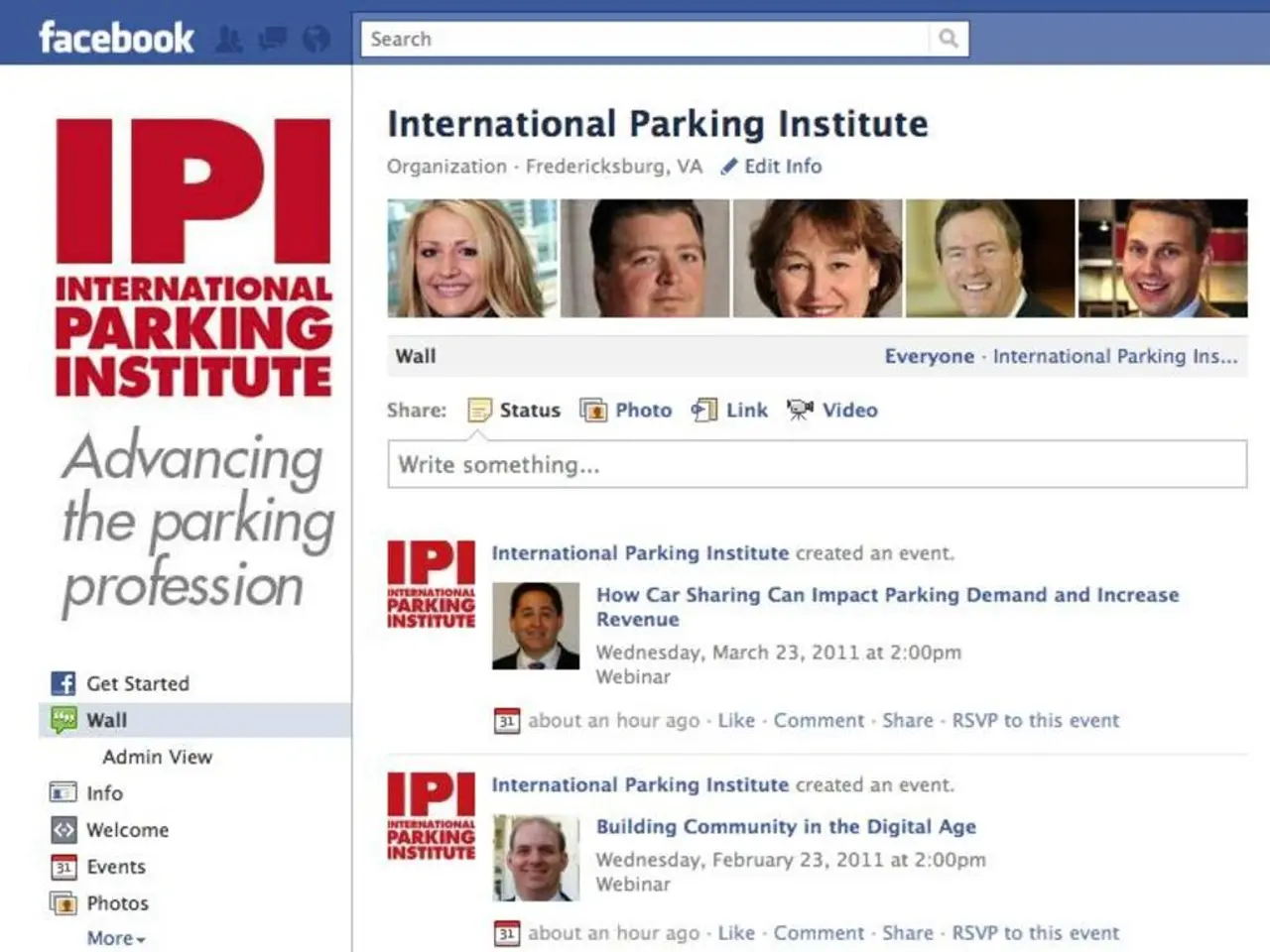Society's Influence by Entertainment and Pop Culture domains
In today's interconnected world, entertainment and pop culture have become a significant reflection and shaping force of societal norms, beauty ideals, humor, empathy, and critical thinking.
Pop culture, encompassing movies, TV shows, music, fashion, and social media trends, serves as a mirror and a mold for societal attitudes, particularly among the youth. Shows like Euphoria bring real issues like mental health, identity, race, and trauma into public conversation, helping to normalize these struggles as shared societal realities rather than taboos. Media portrayals can also reflect and challenge workplace and gender norms, influencing the way people perceive and navigate their professional lives [1][5].
Media and pop culture heavily influence body image and beauty standards, often promoting unattainable ideals that spur harmful social comparisons, especially among young women. Social media amplifies this through curated, idealized images and the immediacy of feedback, leading to increased anxiety and body dissatisfaction. However, emerging body-positive content can help counteract these effects but struggles against the dominant visual culture [2].
Humor in pop culture, largely shaped by social media memes, has become a shared cultural currency that transcends borders and unites people through relatable jokes and commentary. Memes distill complex emotions and social critiques into accessible, often viral, formats that shape public discourse and collective attitudes [3].
By sharing personal and intersectional stories, pop culture fosters empathy, especially among younger generations. As teens engage with these narratives in shows and music, they see themselves and others more deeply, which can educate and humanize complex social issues [1].
Pop culture can promote critical engagement by encouraging audiences to analyze and question societal issues, identity, and media messages. Students increasingly use pop culture topics for academic essays, demonstrating its role in developing analytical skills. However, with rising concerns such as manipulated or AI-generated media, there is also a growing challenge in discerning reality, prompting deeper reflection on media trustworthiness and the nature of truth [4].
Icons such as The Beatles and Madonna have left a lasting impact on society, shaping values, norms, and behaviors through music, movies, and fashion. They have addressed social issues, influenced fashion trends, and shaped identity, reflecting societal trends, and raising awareness on social issues.
In conclusion, entertainment and pop culture are powerful forces that both reflect and shape values and perceptions across multiple societal dimensions, impacting the way people understand themselves and their world. They foster empathy and critical engagement while also posing challenges, especially around idealized beauty standards and media trust. These influences are most visible in youth but ripple across society [1][2][3][4][5].
Entertainment, particularly pop-culture, influences the way people perceive and navigate professional lives by reflecting and challenging workplace and gender norms, as depicted by shows that tackle real-world issues like Euphoria. Humor in pop-culture, prevalent through social media memes, acts as a shared cultural currency, transcending borders and fostering connections through relatable jokes and commentary.








